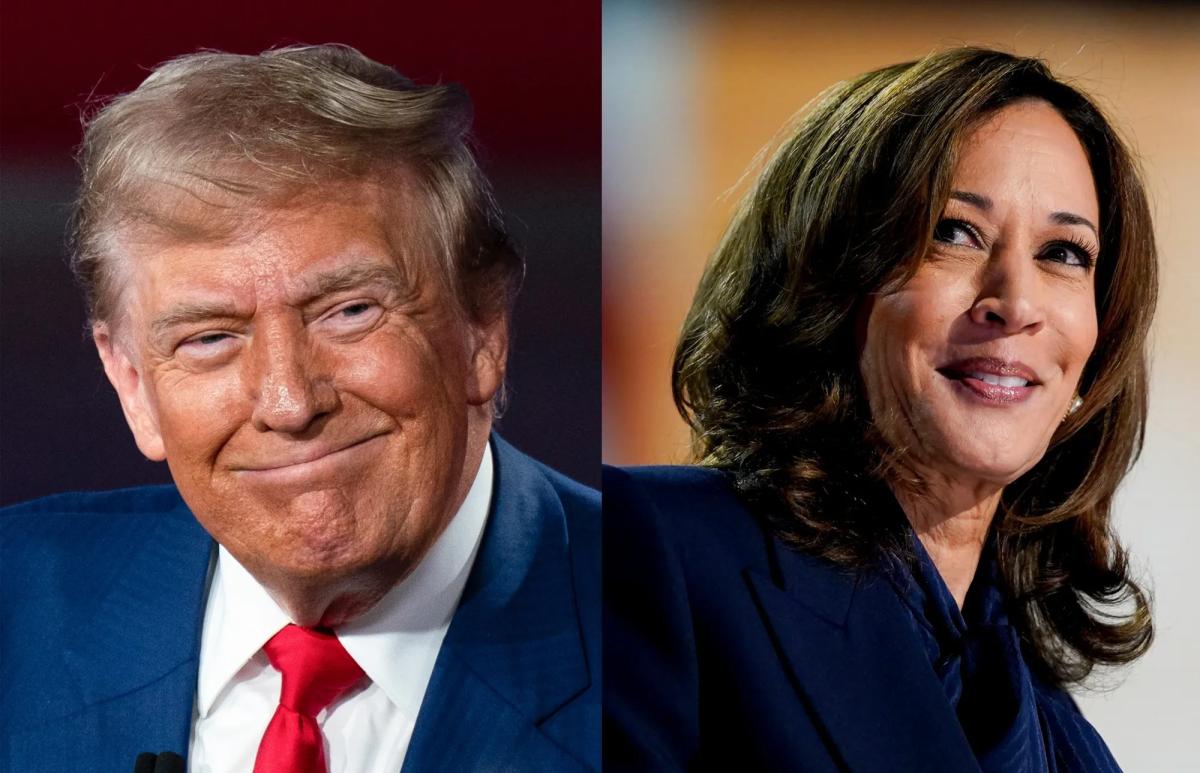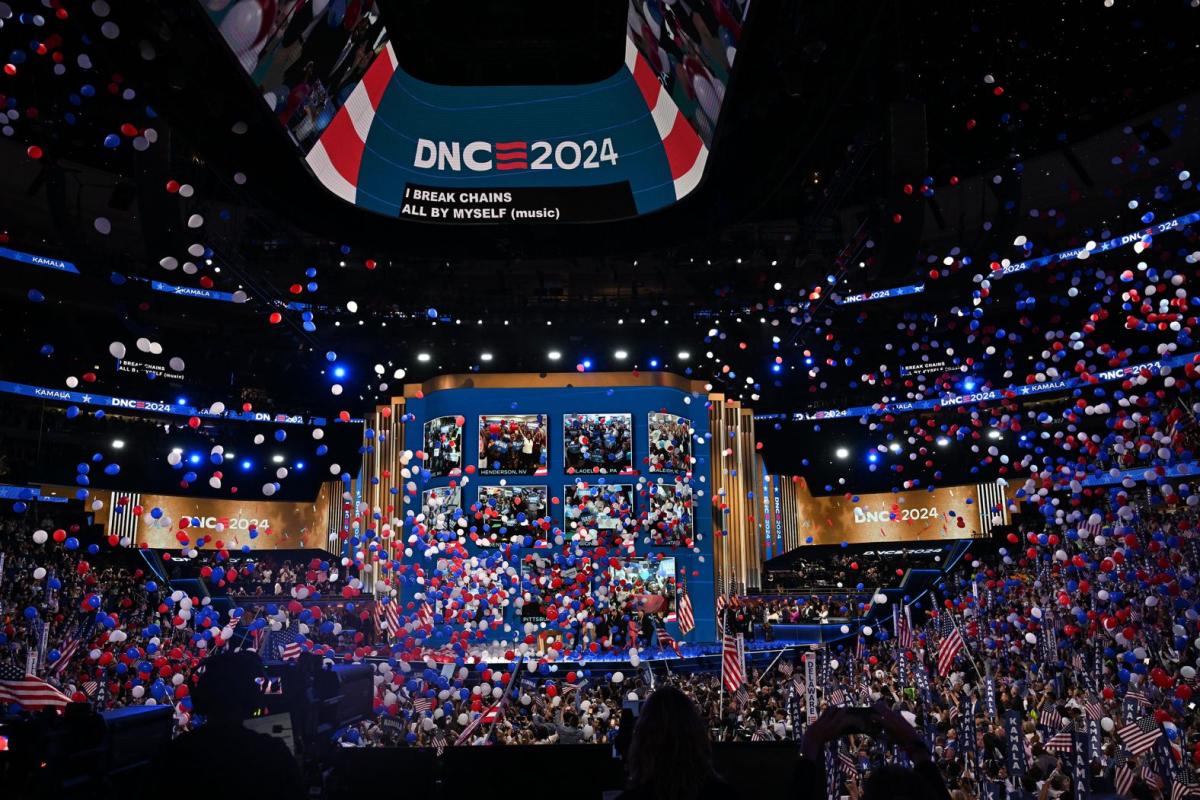Germany: End of the Government Coalition
At a Glance
The German federal government coalition of SPD, Greens, and FDP has broken down after a dispute on how to get out of the recession. Formally, Chancellor Olaf Scholz (SPD) dismissed his Finance Minister Christian Lindner (FDP). In practical terms, this means that the FDP will leave the federal government and the government will cease to command a majority in the German parliament (the Bundestag).
Scholz has announced his intention to call a vote of confidence on January 15, 2025. Until then, the SPD and Greens will continue to govern with an emergency budget leaving limited room for expenditure. Scholz aims to work constructively with the opposition—in particular the CDU/CSU—to get important financing on subsidies and support for Ukraine through the Bundestag this year. Whether this will succeed remains uncertain.
After the vote of confidence in January, which Scholz will in all likelihood lose, the process for elections will be initiated. Elections will take place by the end of March at the latest.
At present, everything points to a new federal government under the leadership of CDU lead candidate Friedrich Merz. Possible initial priorities include: suspension of the German Supply Chain Due Diligence Act, reduction of corporate taxes, and relief on electricity tax.
Companies should now immediately switch their strategies to “election campaign mode”—a change of government is imminent, and it is important to reassess stakeholder strategies.
Nearly twelve months before it was due to end at the conclusion of the current legislative period, the German “Traffic Light” Coalition government led by Olaf Scholz (red for the social-democrat SPD; amber for the liberal FDP; and the Greens) has come to an end. Following three years of crisis management, a last disagreement over the best way to strengthen Germany's weakened economy tipped the project over the edge of the cliff.
What happened?
The government was launched as a "progress coalition," but the shared ground on societal issues between the SPD, Greens, and the FDP set out in the coalition agreement was quickly set aside against the backdrop of major geopolitical developments, especially the war in Ukraine. The pressure to act exposed the coalition’s significant economic policy differences.
The SPD's extensive social welfare promises and the Greens' ideas of subsidy-based economic policy clashed with the FDP’s understanding of economic liberalism and a "lean state." With the German economy in recession, all the ingredients for an irresolvable dispute were present.
The final push for separation came over the past two weeks:
- On October 23, Federal Minister for Economic Affairs Robert Habeck (Greens) introduced his "Update for the Economy," advocating for a so-called Germany Fund to finance a general 10% investment premium for businesses. The proposal was not coordinated with the coalition partners, which led to...
- ...an equally unilateral response from Chancellor Olaf Scholz (SPD), who announced a summit with representatives of the automotive, steel, and chemical industries for October 29, excluding a significant portion of the German economy (the SME sector) and encroaching on Habeck’s responsibilities as Minister of Economic Affairs.
- On the following day, Federal Minister of Finance Christian Lindner (FDP) invited the business representatives whom Scholz had overlooked to a parallel meeting.
- On the evening of November 1, an internal government paper by Lindner entitled "Economic Turnaround for Germany – Concept for Growth and Intergenerational Justice" became public. It proposed economic and social policies which were obviously incompatible with the SPD and Green position, including abandoning CO2 targets for Germany's economy.
- The endgame played out at the Joint Coalition Committee on November 6. The party and parliamentary leaders of the three coalition partners could not agree on a common approach for the remaining months leading up to the Bundestag election originally scheduled for September 2025. Eventually, this resulted in the dismissal of Finance Minister Christian Lindner by Chancellor Olaf Scholz. The other FDP ministers are also leaving the government coalition, thereby also ending the governing majority in parliament.
What's next?
Olaf Scholz has announced that, due to the collapse of his governing coalition and the resulting loss of a stable parliamentary majority, he will pose a vote of confidence in the German Bundestag on January 15, 2025. This is a vote he is expected to lose, as a “constructive vote of no confidence” (where a different party—not the FDP—supports to achieve the necessary majority) is unlikely. The second-largest faction in the Bundestag, the center-right CDU/CSU, has made it clear that it is not willing to step in to fill the vacuum or take over the leadership of the federal government.
Following the loss of the confidence vote, Chancellor Olaf Scholz will forward a request to Federal President Frank-Walter Steinmeier to dissolve the Bundestag. Steinmeier will comply with this request. According to Article 39 of the German Constitution, new elections must be held within 60 days of the dissolution of the Bundestag by the federal president. Federal elections will therefore take place by the end of March 2025 at the latest.
And then?
There are no deadlines for forming a government after federal elections. Nor is a formal mandate required from the federal president for any party to do so. It is up to the parties themselves to explore common ground through exploratory and coalition negotiations, and ultimately agree on a coalition capable of achieving a majority.
Current polling places the CDU/CSU clearly in the lead, and their lead candidate Friedrich Merz is a strong prospect for chancellor. However, at least one coalition partner will be necessary for a stable majority. It is too early for a clear conclusion on which party or parties this might be, as power options and policy differences between the CDU/CSU, the Greens, and the SPD are currently finely balanced.
Implications for businesses and public affairs professionals
The Bundestag will not now pass a new budget for 2025 next week.
Article 111 of the German Constitution allows the federal government to continue expenditure through an “emergency budget” under provisional budget management (enabling payments for debt obligations, maintenance of administrative institutions, or essential social welfare spending). However, substantive legislative initiatives, along with financial commitments and investments, such as electricity price subsidies, can no longer be expected.
Companies should urgently reassess their network of political contacts, as election campaigning has clearly begun. They should evaluate whether their stakeholder strategy is prepared for regulatory stagnation and delayed economic policy measures, regardless of whether the expected impact is positive or negative.
A new federal government will need to form, with its own budget not likely until late spring or summer of 2025. However, we can make some general predictions: If a CDU-led government materializes, it will likely prioritize three areas for immediate action: immigration, welfare state spending, and relief for businesses. Based on the recently adopted CDU general manifesto and its 2021 election manifesto, the following economic policy measures can be expected:
- Reduction of bureaucracy, such as suspending the German Supply Chain Due Diligence Act
- Lowering corporate taxes
- Relief on electricity taxes
- Modification of the EU combustion engine ban.
But even with concrete plans already in place, any future coalition partner will have a say, meaning that time will have to pass before new legislation is made.
With political change set to affect Germany and the EU this year, global companies benefit from specialist EU public affairs and government relations advice. EGA has the experience and skills in Berlin and Brussels to help you navigate Germany and the EU institutions within their wider context. Our subject experts offer deep knowledge of policies in their specialist areas along with politics and global awareness. We connect your business priorities to the policies and politics of Germany and the European Union.
For further information, please contact EGA’s Berlin team (Johannes.Heuser@EdelmanEGA.com, Fiete.Starck@edelmanEGA.com) or our EU team (Rocco.Renaldi@edelmanEGA.com, David.Bates@edelmanEGA.com).



